-
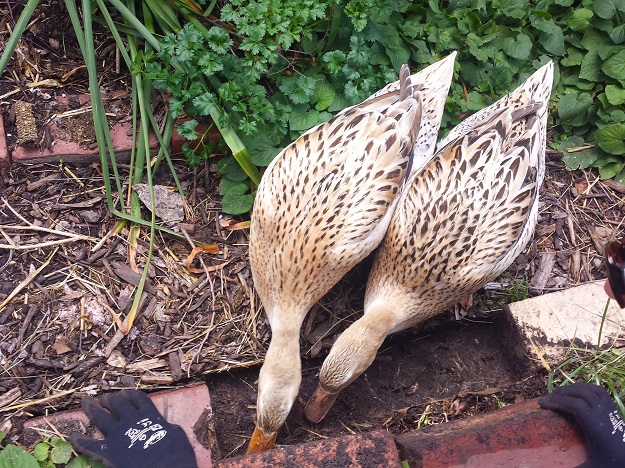
7 Must Have Nutritional Supplements for Ducks
This article contains a list of supplements you can give to your ducks to promote good health or to help with certain health problems. Vitamins and Electrolytes These come in a powder that can be mixed with feed or water in a daily or weekly dose. Though they are most often recommended for ducklings or […]
-
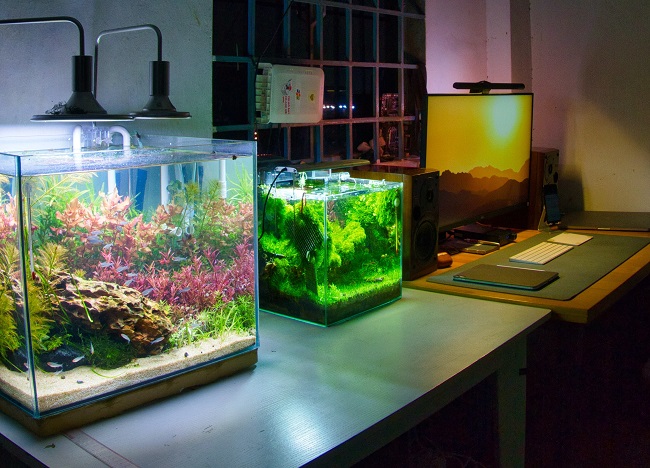
8 Inexpensive Aquarium Tips and Tricks
Not to long after you get your first aquarium you start thinking about how to make it an even better habitat for the fish and other inhabitants. Listed below are eight inexpensive ways to make your aquarium even better. Dividing a Tank If you ever need to separate a fish from the others but don’t […]
-
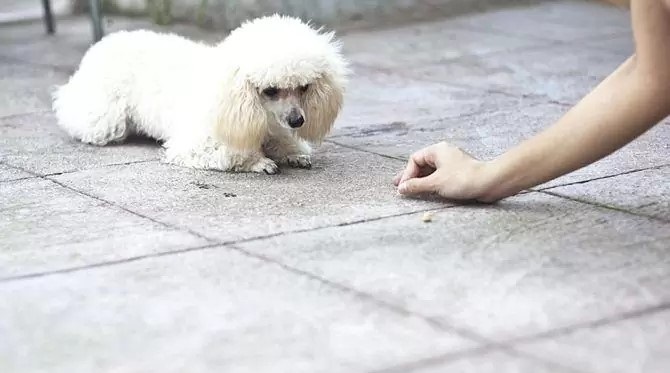
How to Teach Your Dog to Crawl in 6 Easy Steps
Tricks curb dog boredom, promote total body awareness and, best of all, provide you and your pooch with a fun relationship-building opportunity; the two of you will learn to communicate more clearly with one another as you work together toward success. We are now going to teach your pooch how to crawl. Crawl is one […]
-
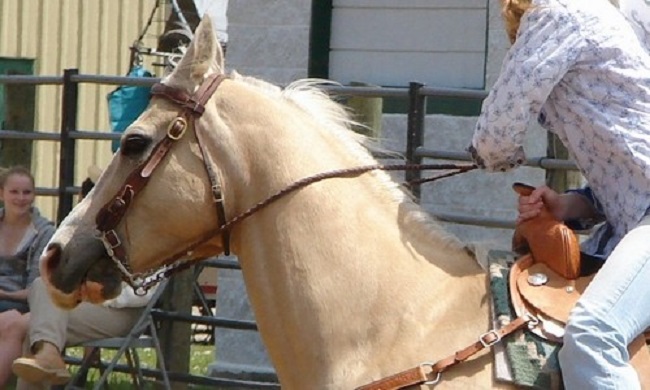
How to Train a Horse to Neck Rein
The functions of neck reining are refinements of the horse responding to following the feel of pressure and movement away from pressure more than from their response to pressure applied to the poll and tongue thru the bit and bridle. These are functions, as with other tasks of education, begin in small steps and proceed […]
-
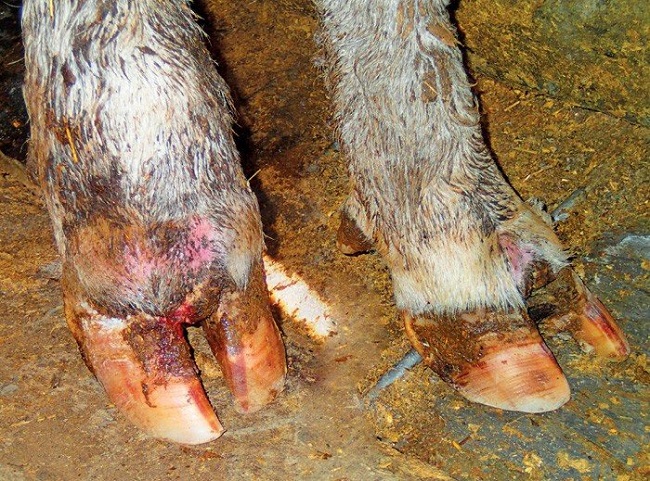
How to Treat Foot Rot in Beef Cattle
The primary infectious agent for foot rot is Fusobacterium necrophorum, which is an anaerobic bacterium. Anaerobic bacteria will only grow in the absence of oxygen. Other bacteria such as Bacteroides melaninogenicus, Staphlococcus aureus, Eschericia coli, and Actinomyces pyogenes will increase the virulence of F. necrophorum and, therefore, increase the incidence and severity of disease. F. […]
-
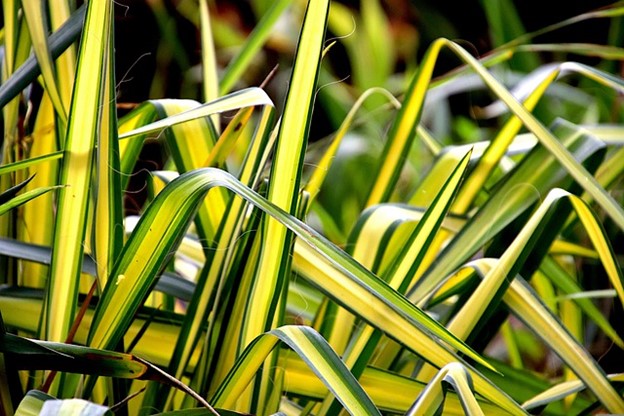
3 Indoor Plants That are Low Maintenance and Dog Friendly
If you’re looking for some easy-care indoor plants that are also dog-friendly, look no further. In this article, we will cover three great options that are safe for your dog. So, without further ado, let’s get started. 1. Spider Plant All parts of the spider plant are non-toxic to dogs, including the leaves, stems, and […]
-
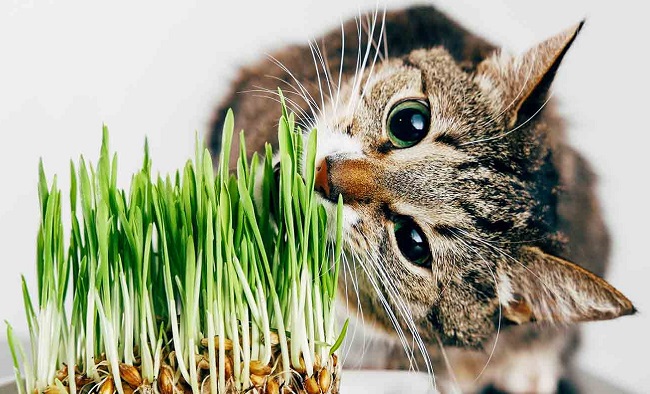
Why Cats Eat Plants and More
Cats nibble houseplants as a substitute for eating grass, which is perfectly natural behavior. Eating grass is like taking medication, it’s nature’s way of inducing vomiting. The reason why cats need to regurgitate (vomit) is to rid their digestive system of those painful hairballs that accumulate from grooming. Because they can’t stick a paw down […]
-
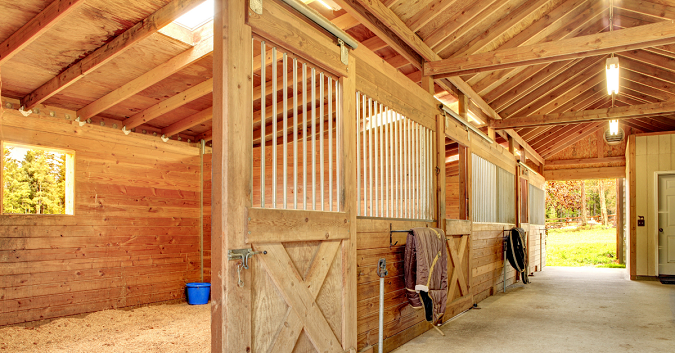
How Stall Cleaning Impacts Stable Air Quality
A change in your approach to horse stall cleaning might result in improved air quality in the stable, report researchers from Georg August University of Göttingen, in Germany. Researchers measured the air quality in the stable with different bedding types (wheat straw, wood shavings, and straw pellets) and mucking out regimens. The experiments were carried […]
-
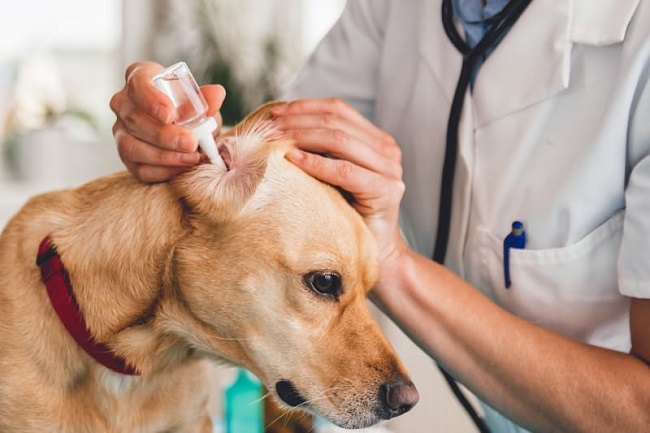
How to Deal Ear Infections in Dogs
Ear problems are one of the most common reasons that dogs are taken to veterinarians. They can be caused by infection, trauma, parasites, and various other reasons. The first sign of a problem is usually excessive wax production or discharge. Keep in mind that in many dogs a little discharge is normal: compare the ears […]
-
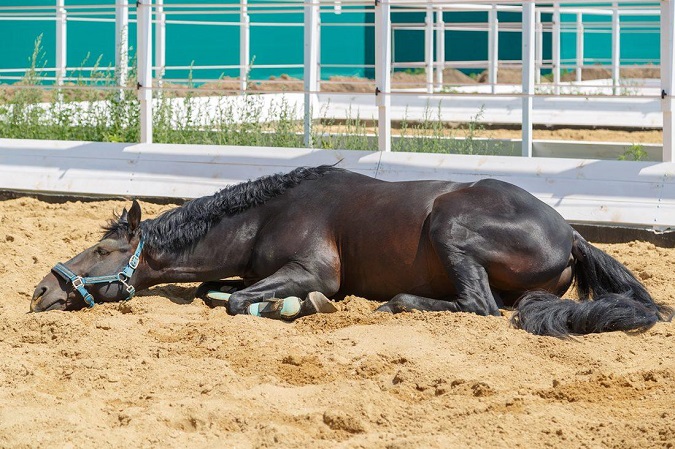
How Proper Diet Can Prevent a Common Cause of Horse Colic
A recent study demonstrates that a diet of grass hay may reduce the chance of a horse developing colic due to enterolithiasis. Colic is a general term for abdominal pain in horses, encompassing many conditions which are the underlying cause. Most causes of colic relate to a disturbance of the colon, and some are fatal […]
